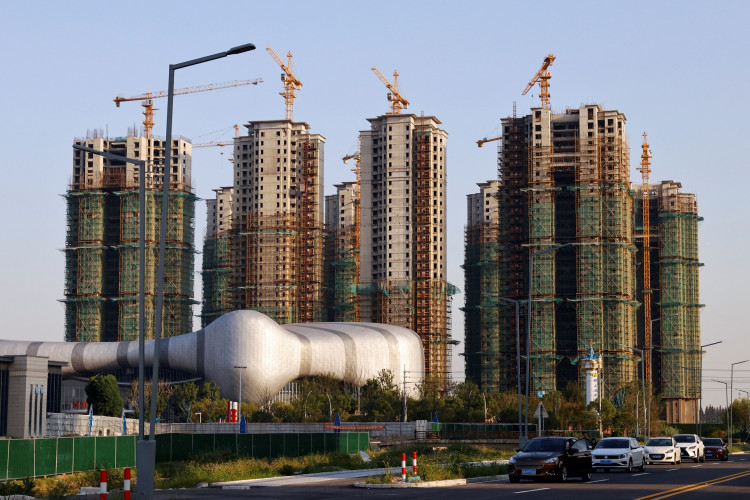In a decisive move to address the deepening crisis in its vast, debt-laden property sector, China is poised to implement a series of measures aimed at stimulating the real estate market. These actions underscore Beijing's growing concern about the potential ripple effects of a faltering property sector on the broader economy.
China's property sector, which accounts for approximately a quarter of the nation's GDP, has been grappling with an unprecedented debt crisis. Market analysts have expressed concerns that the repercussions of this crisis could permeate the domestic financial sector and even have international implications.
Among the proposed measures, regulators are considering lifting home-purchase restrictions in non-core districts of major cities, including Beijing, Shanghai, and Shenzhen. These restrictions, which have been in place in many cities since 2010, limit purchases by certain non-residents and cap the number of properties individuals can acquire. While smaller cities have relaxed these curbs in recent years to spur demand, major urban centers have been more cautious, largely due to concerns about speculative buying.
Another significant proposal on the table is the gradual removal of price caps on new homes. These caps, established by local governments to regulate home prices, could soon be phased out, granting property developers more flexibility in pricing their properties.
These measures come on the heels of other recent initiatives aimed at bolstering the property sector. Just last week, the central bank and financial regulator announced a reduction in mortgage rates for first-time homebuyers and a decrease in the downpayment ratio. Such steps are seen as pivotal in Beijing's broader strategy to reflate the economy, especially in light of recent data pointing to subdued economic growth and waning consumer confidence.
The government's proactive stance is a clear indication of its commitment to stabilizing the property market. However, it also highlights the delicate balancing act Beijing must perform: stimulating the property sector without reigniting concerns about property bubbles or exacerbating the country's debt challenges.
As China navigates these complex challenges, the global community will be closely watching. The health of China's property market has implications not just for its domestic economy but for global financial markets and international investors who have significant exposure to Chinese real estate.
In the coming months, the effectiveness of these measures will be put to the test. The broader question remains: Can China's policymakers engineer a soft landing for its property sector, or are more drastic interventions on the horizon? Only time will tell.





